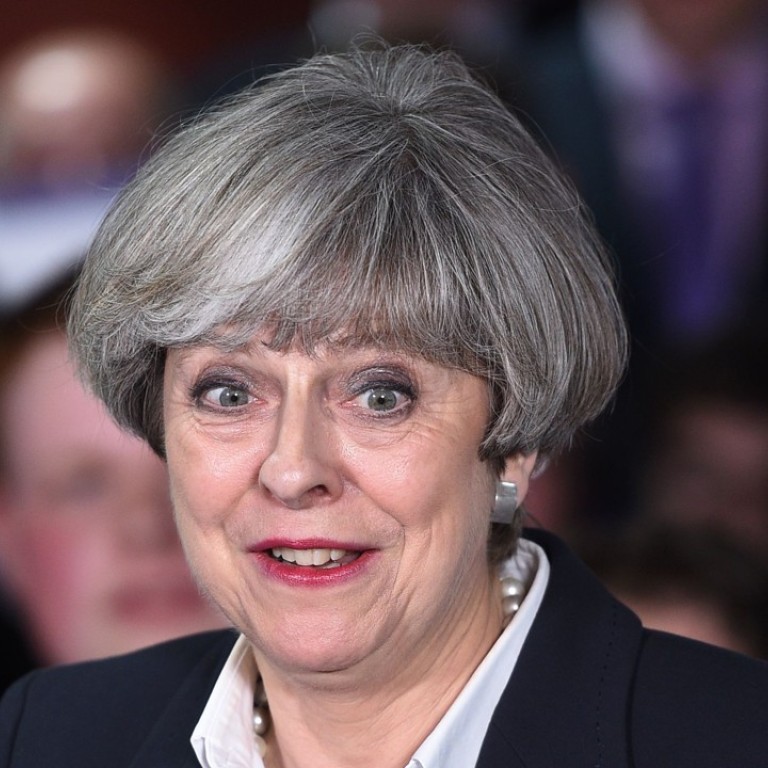
Labour leader Jeremy Corbyn’s plug for Marx not enough to win Beijing over
China prefers the bilateral stability offered by Britain’s Conservative Party, analysts say.
Public praise for communist theorist Karl Marx by British Labour Party leader Jeremy Corbyn last month may not be enough to win him favour with Beijing.
China’s government has enshrined Marxism in its constitution and shares remote ideological roots with the Labour Party, but it might still prefer a Conservative victory in Thursday’s general election for the sake of predictable bilateral ties, analysts say.
British voters are scheduled to go to the polls in the first election since the country voted to “Brexit” and leave the European Union. Whether Prime Minister Theresa May receives a direct mandate or is toppled by opposition leader Corbyn will determine the details of Brexit and have an impact on Sino-British ties.
China has a longstanding policy of not commenting on the internal affairs of other countries. But with Britain a key trade and investment partner of China’s, Beijing would prefer to see as few uncertainties as possible stemming from the election, according to the observers.
“There will certainly be many twists and turns in the relationship. It would be better if the Conservatives stay on in terms of policy consistency,” Cui Hongjian, director of European Studies at the China Institute of International Studies, said. “Moreover, the current government has shown a positive attitude towards a closer relationship with China.”
Under former Conservative prime minister David Cameron, the ties between the two countries entered a so-called golden age, with joint projects worth billions of dollars being planned, including China building a nuclear power plant in England and London becomes the offshore trading centre for the yuan.
Since May took over after the Brexit vote last June, she has begun a review of the power plant project, which Cui said was done to establish her authority. However, she also started talks about a free-trade agreement (FTA) with China, Cui noted.
From China’s perspective, a fast and clear-cut Brexit would be most welcome, meaning that Beijing would prefer May’s “hard Brexit” approach, Wang Yiwei, a European studies specialist at Renmin University, said.
“The earlier it leaves the European Union, the more Britain would need China,” Wang said.
“If Labour gets elected, Brexit is likely to be dragged out, and the continuing uncertainty will prevent China from advancing with its FTA, investment or yuan internationalisation efforts with Britain.”
Corbyn’s leftist stance, such as his emphasis on labour rights and the environment, was “a bit worrisome” to Beijing, Wang added.
“As chairman Mao [Zedong] said, the Chinese government always prefers to deal with the right,” he said.
The election outcome could still go either way. The Conservatives had a big lead in polls in April when May called an early election. But a weak economic performance along with multiple deadly terrorist attacks over the past couple of months have hurt the credibility of the incumbent government, and the Tory advantage has been narrowed.
Polling organisation YouGov has predicted that the Conservatives will be about 20 seats short of what they need to form a majority government.

